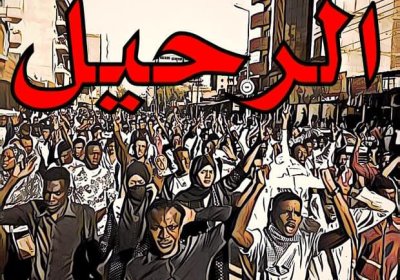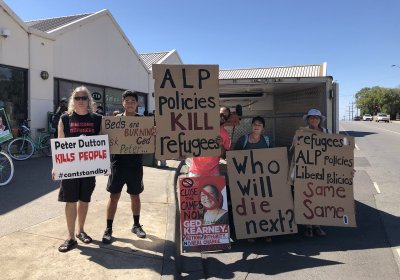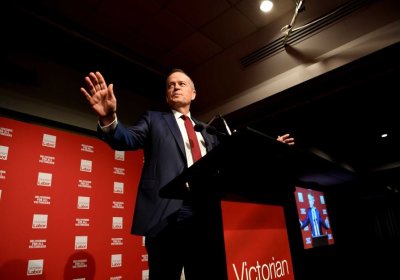In early March, we saw the raw power of fossil fuel capitalism on full display in Perth. The Western Australia Environmental Protection Authority (EPA) released a policy requiring big offshore oil and gas operators to provide 100% carbon offsets for all their emissions.
Sam Wainwright
Since February 22, Algeria has been rocked by huge and overwhelmingly peaceful protests against the regime of President Abdelaziz Bouteflika.
The epicentre of this movement has been the city of Algiers. There have been large protests every Friday, to which the police have had to take a conciliatory attitude because of their sheer size, despite street protests being illegal in the capital.
As the housing affordability crisis in Australia grinds on, it is worth remembering that this debacle is no accident: it is the inevitable and intended outcome of decades of Coalition and Labor government policy, at both the state and federal level.
Celebrating January 26 is a state-sanctioned exercise that rubs salt into the wounds of Indigenous Australia. It proclaims, “You lost, we won. Know your place.”
But the desire for an honest conversation about modern Australia's origins in the violent and ongoing dispossession of Indigenous people is not going away.
Across the country Invasion Day marches were both bigger than ever, and took place in many more places. More local governments have dropped their January 26 activities and finally the ABC allowed Triple J to shift its Hottest 100.
In late December Green Left Weekly spoke to Younis Hamad Birama and Khalid Hassan from the Democratic Consciousness Forum, a Perth-based democratic and secular organisation founded by Sudanese refugees, about the wave of protests sweeping Sudan following the dramatic increase in the price of bread. Despite a brutal crackdown by security forces, including the killing of at least 40 people, the protests have spread an
Street protests have broken out in at least seven cities across Sudan, beginning on December 19, in response to the price of bread increasing nearly threefold. They are rocking the repressive regime of Omar al-Bashir and echoing the protests against austerity and price rises that swept the country in January that were brutally repressed.
As young people threw themselves into the Student Strike 4 Climate Action and made an impassioned plea to preserve life on Earth, one of Australia’s most polluting industries was working behind the scenes to have the federal government hide the truth of its carbon emissions.
"I don't want to lie to myself anymore. I don't want to create the illusion that my presence in the government means we're up to the challenges, and so I've decided to quit the government." With those words, France's environment minister Nicolas Hulot announced during a live radio interview that, after 15 months in the role, he was parting company with President Emmanuel Macron.
What a month it's been for public expressions of racism. To cap it off, the day after Fraser Anning's hate speech, Labor and the Coalition combined to retrospectively excise Ashmore and Cartier Islands from Australia’s migration zone.
Whenever the Coalition and Labor stop bickering and agree in serious tones that something must be done in the “national interest” you can be sure they’re up to no good.
'Class consciousness is knowing which side of the fence you’re on. Class analysis is figuring out who is there with you.' — Slogan from a 1970s poster, author unknown.
The newly formed "Industrial Left" faction of the Australian Labor Party (ALP) in Victoria combined with the right at the party's state conference on May 28 to block discussion about imposing a 90 day time limit on offshore detention.
It is bad enough that Australia is not on track to cut its greenhouse gas emissions by 26–28% on 2005 levels by 2030, as it is notionally committed to doing, but according to the government's own figures, it is only set to reduce them by 5%. What makes it worse is that even the 26–28% target is very conservative and unlikely to be sufficient.
In truth, wealthy industrialised countries like ours should be seeking to become net zero emission economies and societies, both because we can and because it is simply not worth gambling with the continued existence of life as we know it.
- Previous page
- Page 8
- Next page











